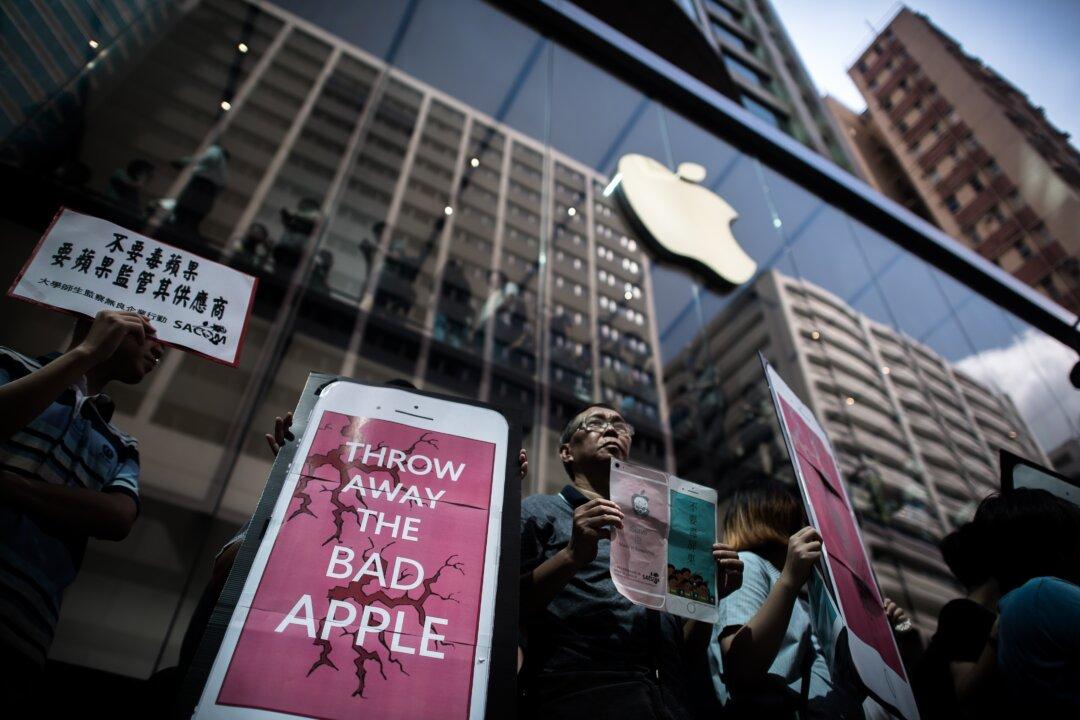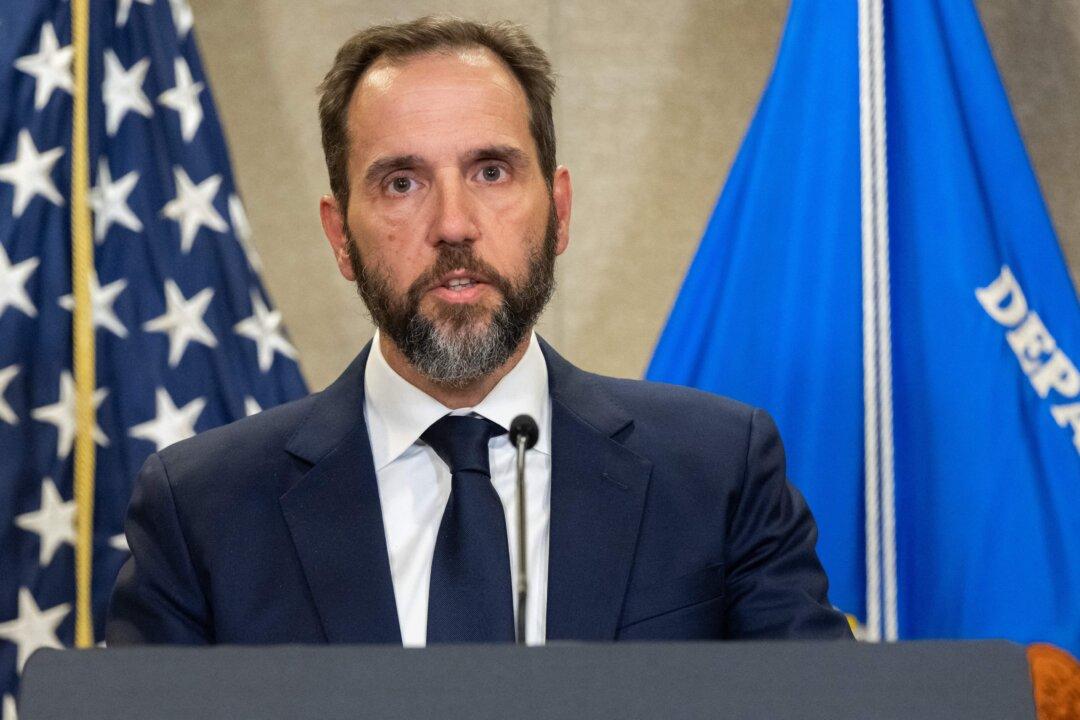The chairmen of a top U.S. congressional body on June 8 urged Apple CEO Tim Cook to divest itself from Chinese suppliers implicated in forced labor involving Uyghur Muslims.
“The mounting evidence is beyond troubling,“ said Sen. Jeff Merkley (D-Ore.) and Rep. James P. McGovern (D-Mass.), chair and co-chair of the bipartisan Congressional-Executive Commission on China, in a statement. ”Despite persistent assurances from Apple that their supply chains were free of forced labor, we now have evidence that it is tainted.”
The lawmakers asked Cook to work with U.S. Customs and Border Protection (CBP) to ensure the company’s supply chain in China is free of forced labor.
“There must be a concerted, tough, and global response to the atrocities being committed in Xinjiang,” the chairs said.
The Chinese regime is carrying out a broad campaign of repression against Uyghurs and other Muslim minorities in Xinjiang. Inhabitants are subjected to detention, forced labor, torture, and forced sterilization, in a crackdown designated as a genocide by the U.S. government.
CBP has banned all cotton and tomato products from Xinjiang, and barred goods from several Chinese manufactures over concerns of forced labor.
Meanwhile, pressure has mounted on Western fashion brands to divest cotton from Xinjiang—the region is estimated to supply 20 percent of the world’s cotton.
The solar panel industry has also come under scrutiny after recent reports that linked Chinese solar companies to forced labor. Nearly half the world’s polysilicon supply, the key raw material used to produce solar panels, is produced in Xinjiang.
Apple did not immediately respond to a request for comment.





